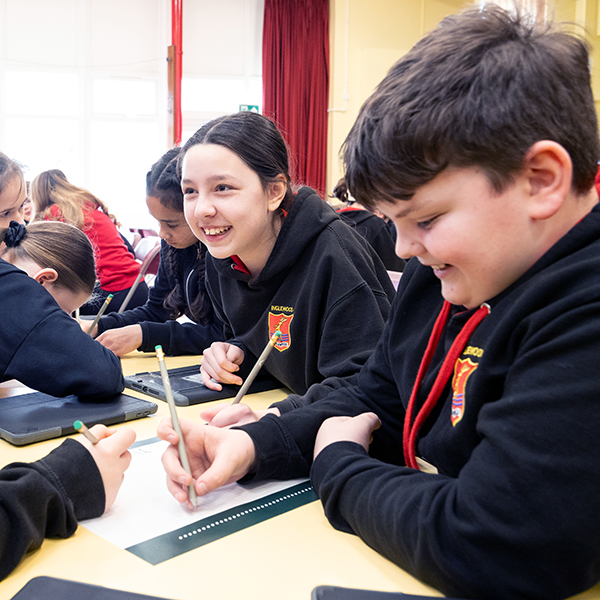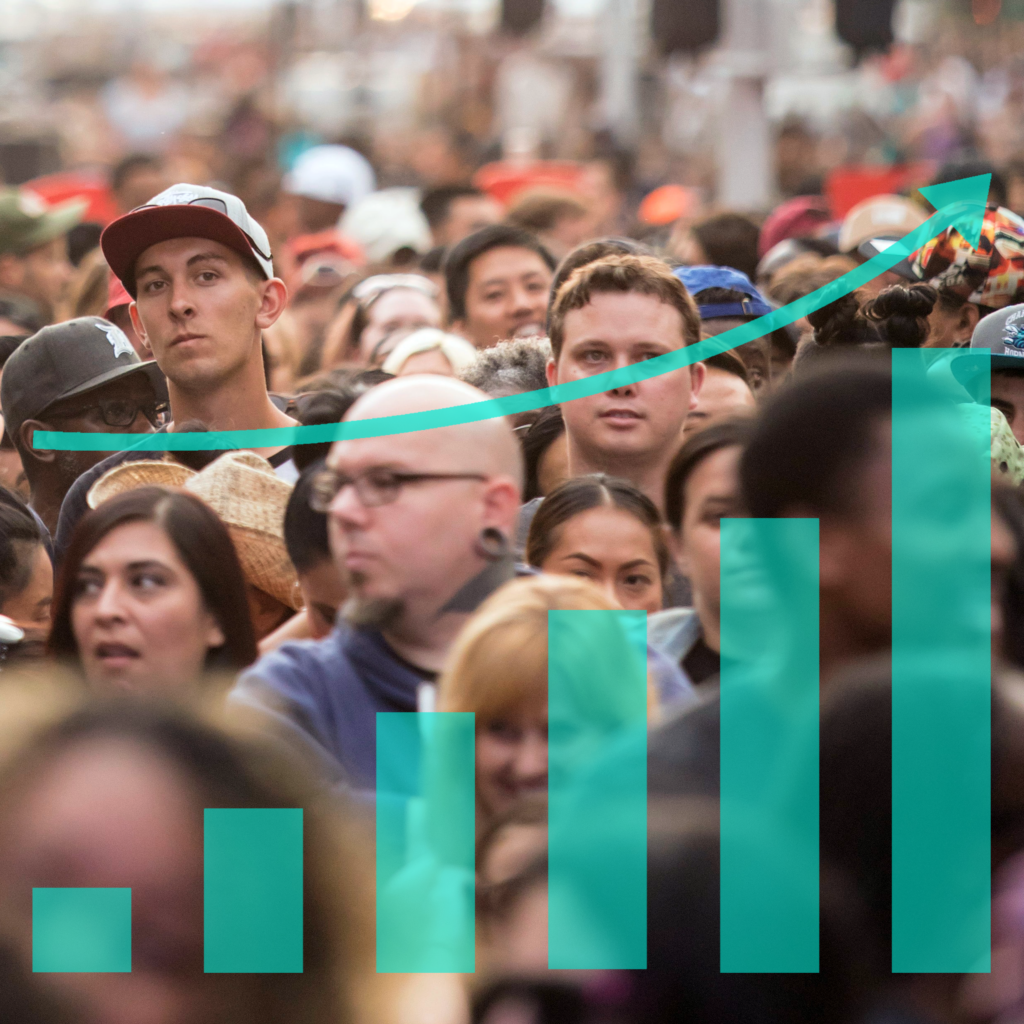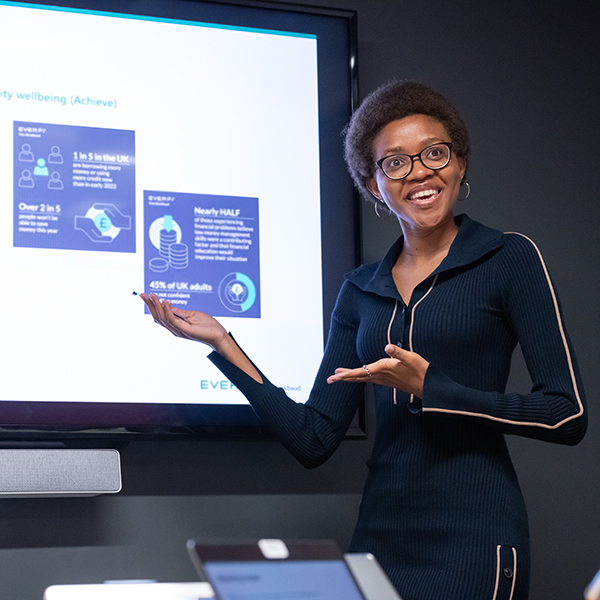Gen Z, those born between 1997 and 2012, are the first to have grown up with the internet and social media from birth.
And yet, despite parental control filters, age verification and more, many are frighteningly ill-equipped to negotiate their lives online.
Childnet, a UK internet safety charity, found that only 15% of 11 to 14s say they know where to go to find reliable information online about sex and relationships.
A staggering 37% of 13- to 25-year-olds told UK anti-bullying charity Ditch the Label that they had posted a naked photo of themselves online at least once.
Online communities can feel and function like a close-knit group of friends, but of course it isn’t.
Some 3 million children’s identities were stolen online across the world in 2018. What’s more, we know that screen time can lead to sleep deprivation, depression, loneliness, addiction and much else.
But at the same time, online communities can provide enormous value, from helping young people discover interests and opportunities to providing much-needed support.
Gen Z and those born just after them – Gen Alpha – are coming of age online.
They are creating digital footprints while still maturing and learning. Pictures or comments they tweet or post in childhood may well haunt them as they grow older.
We owe it to them to ensure they make safe and healthy choices about how to engage with technology, especially in the uncertain times that now lie ahead.
Corporate leaders and technology companies have an opportunity to be pioneers in this area and to provide much-needed digital literacy programmes in our schools.
That’s why this summer EVERFI will be launching a free course for 11- to 14-year-olds on how to safely and confidently navigate the digital world.
The course, Ignition – Digital Wellbeing and Safety, teaches students the practical steps they need to take to protect their privacy and safety, as well as how to step back and reflect on whether what they see online is true.
If you or your organisation are interested in supporting the teaching of digital literacy in secondary schools across the UK, we’d love to hear from you. Please contact us here and we’ll be in touch.
We offer a fully white-labelled digital platform with robust, detailed data reports to show your impact and we can also add bespoke elements, such as employee volunteering opportunities.
Equipping young people with the skills to engage safely and resiliently on the internet is one of the most powerful and important ways to invest in the future.
References:








